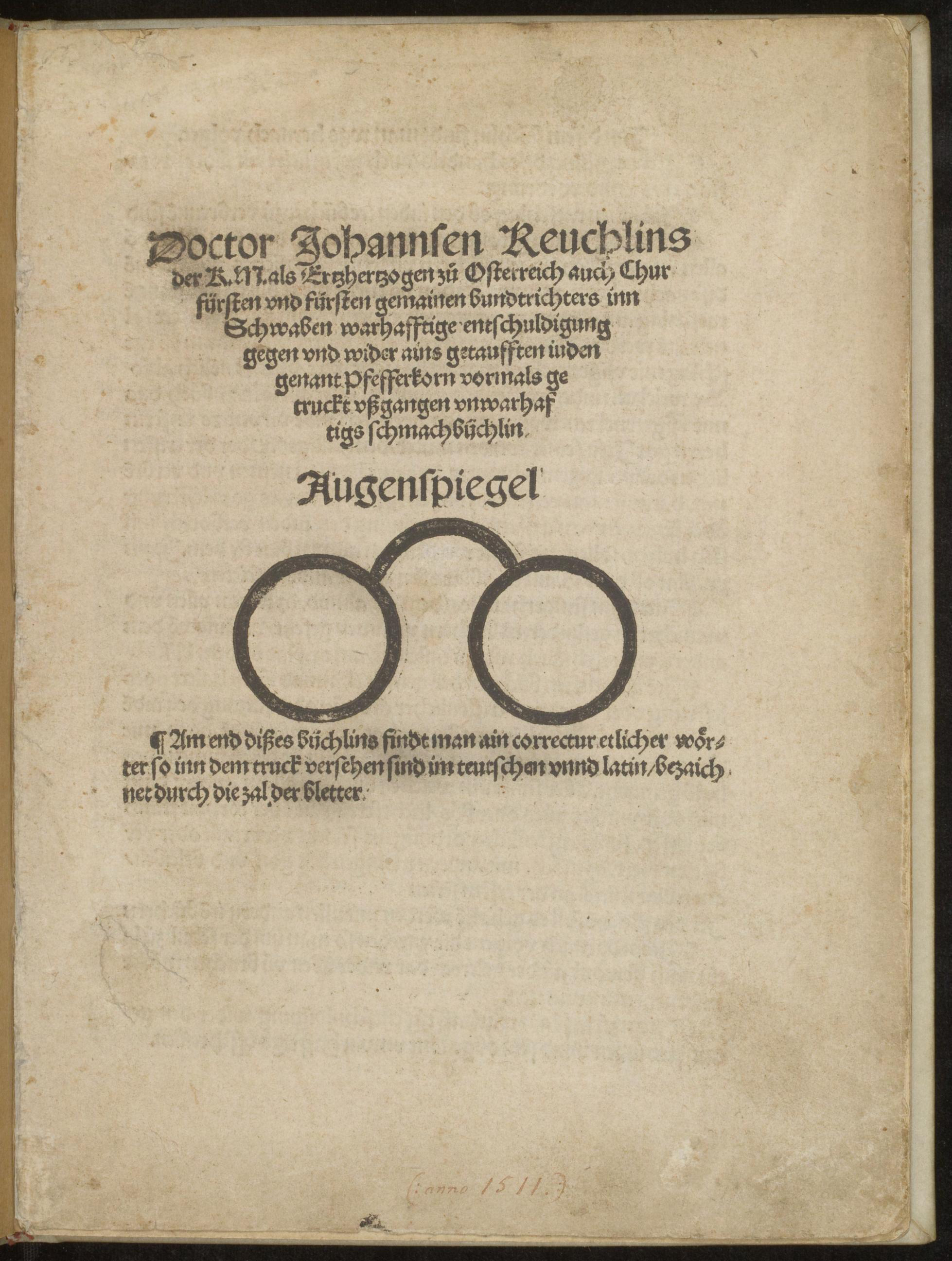“The day after I accompanied the Hensels to Delitsch Chopin came; he intended only to remain one day, so we spent this entire together in music. …his playing has enchanted me afresh, and I am persuaded that if you, and my Father also, had heard some of his better pieces, as he played them to me, you would say the same. There is something thoroughly original in his pianoforte playing, and at the same times so masterly, that he may be called a most perfect virtuoso; and as every style of perfection is welcome and acceptable, that day was most agreeable to me, although so entire different from the previous ones with you, —the Hensels.
It was so pleasant for me to be once more with a thorough musician, and not with those half virtuosos and half classics, who would gladly combine les honeurs de la vertu et les plaisirs du vice, but with one who has his perfect and defined phase; and however far asunder we may be in our different spheres, still I can get on famously with such a person… Sunday evening was really very remarkable when Chopin made me play over my oratorio to him, while curious Leipzigers stole into the room to see him, and when between the first and second part he dashed into his new Études and a new concerto, to the amazement of the Leipzigers, and then I resumed my “St. Paul;” … So we gon on most pleasantly together; and he promised faithfully to return in the course of the winter, when I intend to compose a new symphony and to perform it in honour of him.”
Excerpted from Letters of Felix Mendelssohn Bartholdy, from 1833-1847







